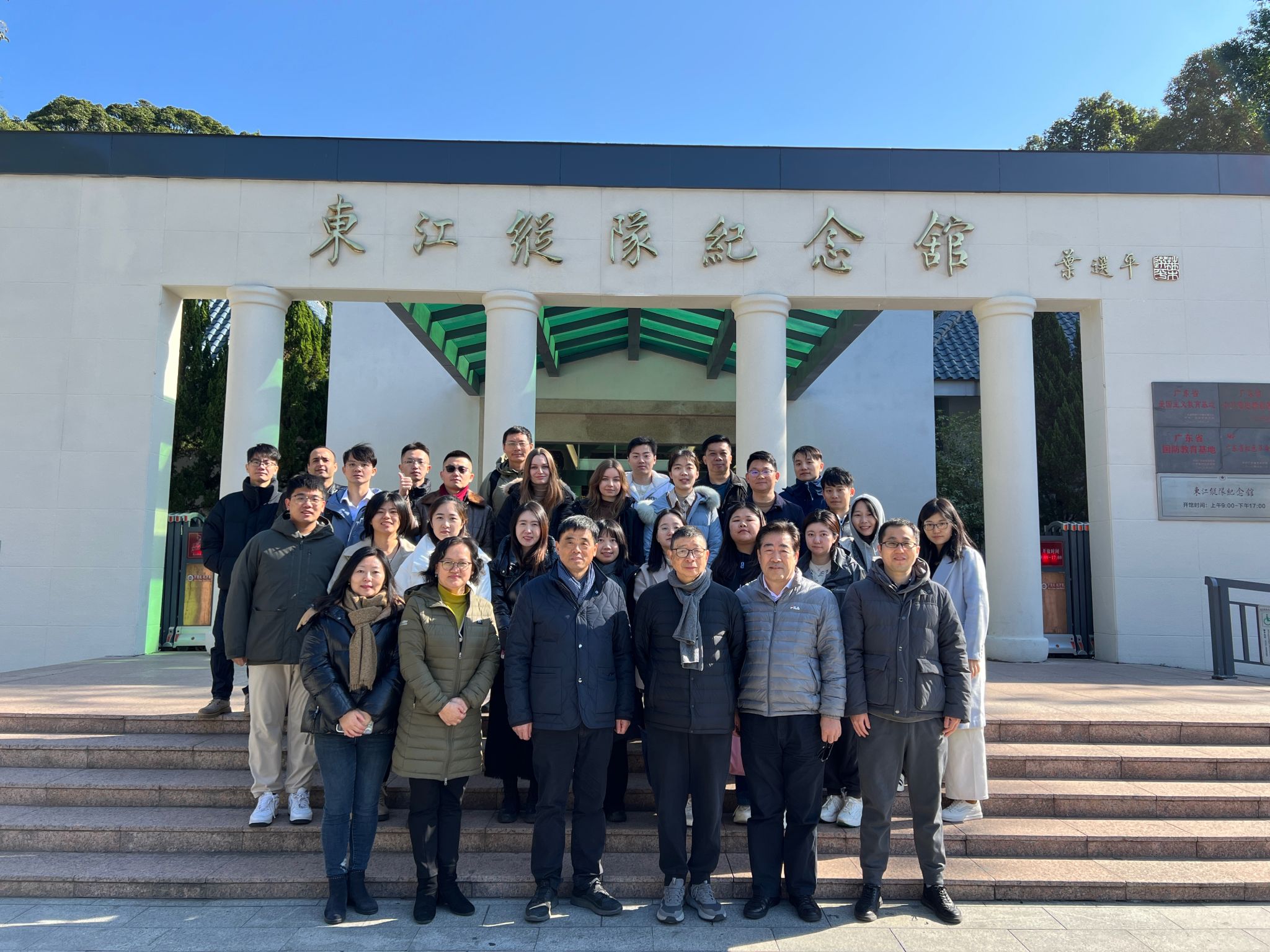To further enhance faculty's educational and teaching capabilities and improve the quality of talent cultivation, the Economics Department of Shenzhen MSU-BIT University held a Master Teacher Workshop from December 23rd to 24th, themed "Cultivating Innovative Talent in Economics and Management in the Context of the Digital Economy." The workshop was aimed at all faculty members and postdoctoral researchers in the Economics Department. The event focused on discussing course planning and design, educational and teaching reform practices, and the application process for educational reform projects. It also aimed to strengthen course team building, integrate ideological and political education into courses, and promote red tradition education.
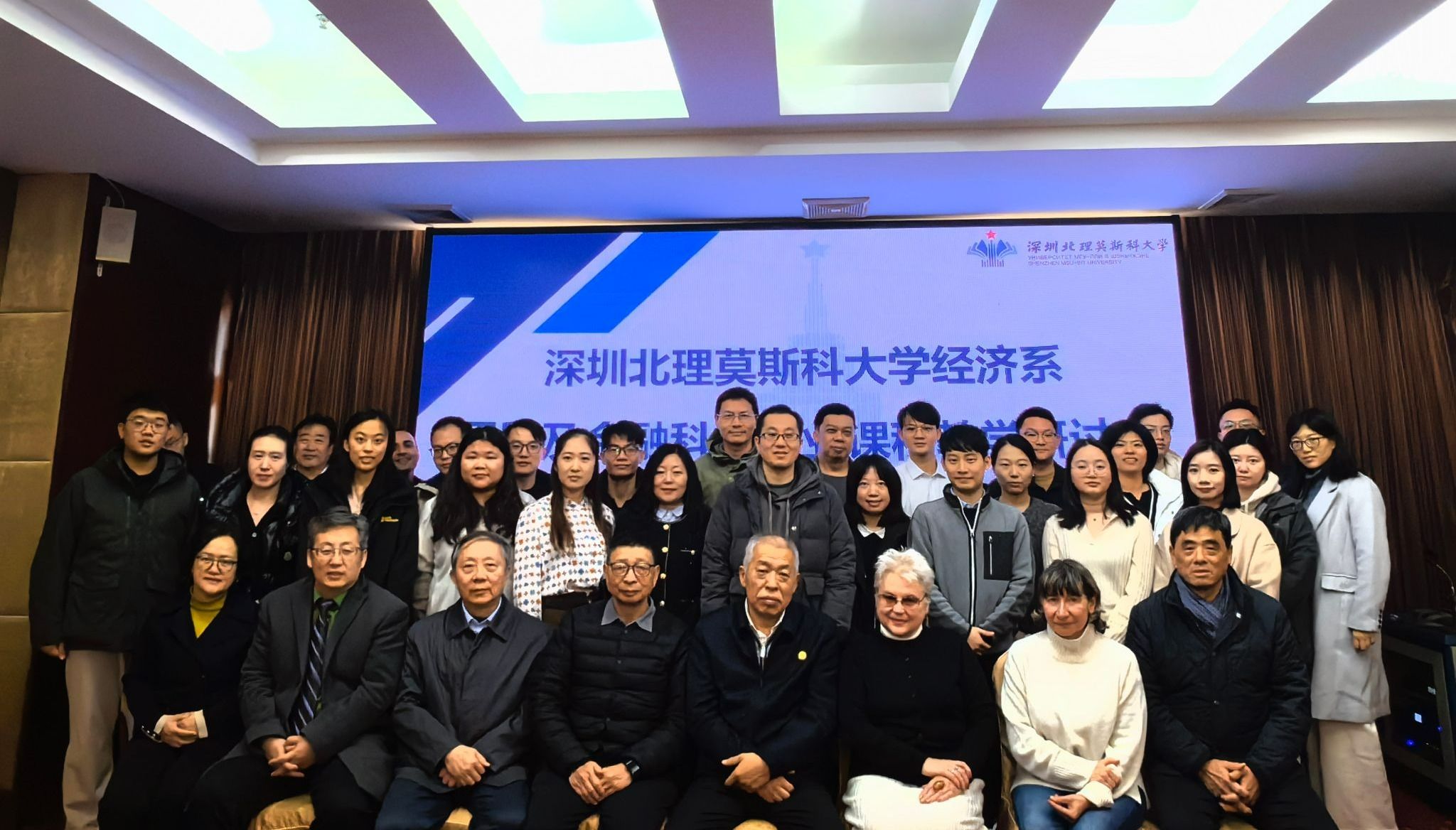
The event was hosted by Meng Fanchen, the Chinese Director of the Economics Department. University President Li Hezhang and Academic Affairs Director Yang Gang delivered opening remarks. The workshop also included exchanges of educational experiences with nationally and provincially recognized master teachers, discussions on course teaching for the International Trade and Fintech programs, and a visit to a red education base.
Li Hezhang congratulated the successful convening of the workshop and expressed strong support for such teaching activities. He emphasized that educators should embody the spirit of education, strive to be "four-good teachers" (morality, knowledge, ability, and dedication), and serve as "four guides" for students. He called on teachers to prioritize professional ethics, focus on teaching, base their work on research, and aim for holistic development, achieving unity between academic and personal mentorship.
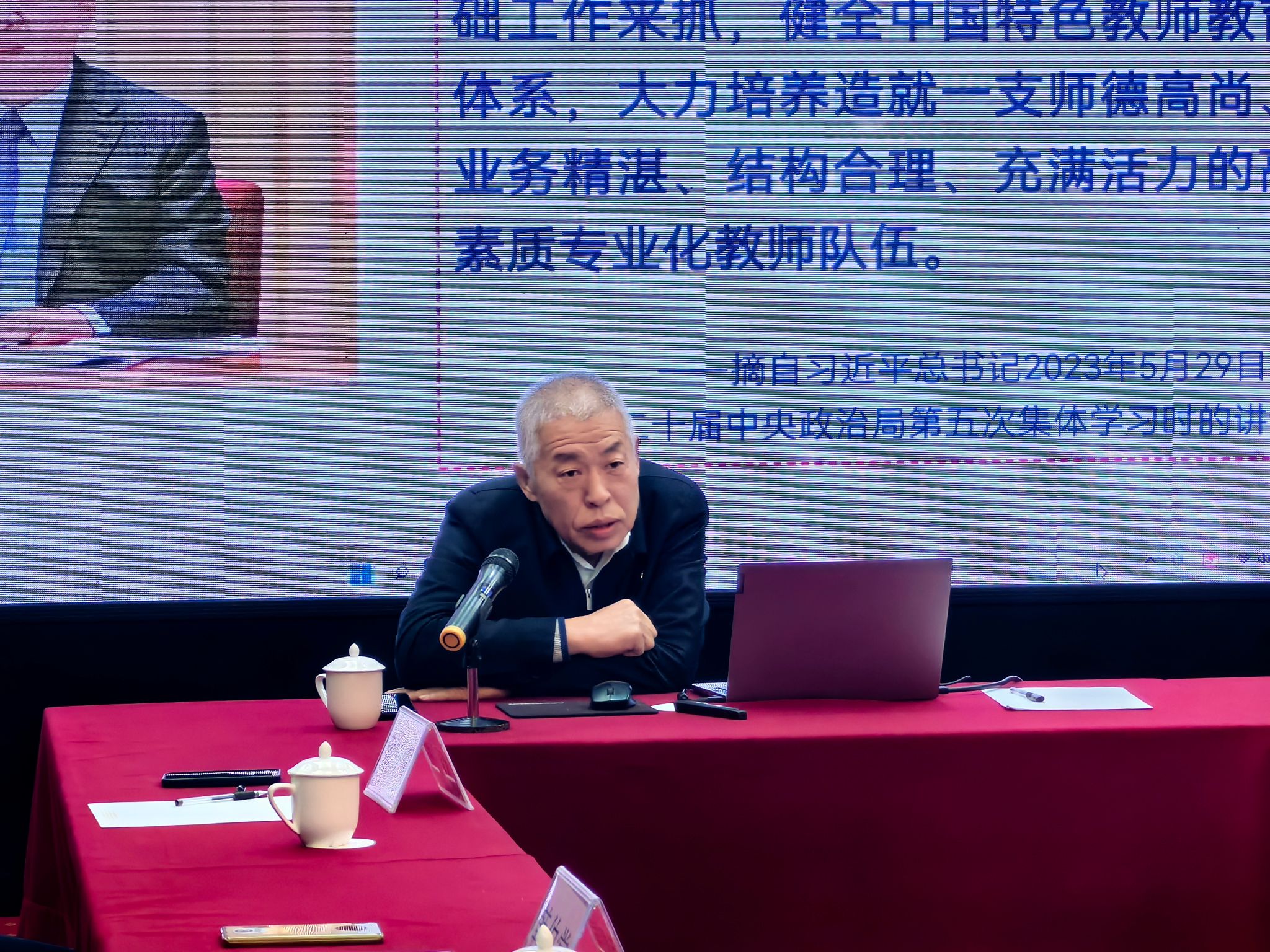
In his speech, Yang Gang introduced the university's quality assurance system for education and teaching. He highlighted that the cultivation of professional ethics and teaching conduct is crucial to improving teaching quality. He urged all faculty members to set an example, teach by word and deed, and remain committed to educating and nurturing students. The Russian Director of the Economics Department, Nikitushkina Irina, warmly welcomed the attending experts and, in her remarks, analyzed the importance of flexible and appropriate teaching methods for student learning.
Nationally recognized teaching master, Professor Han Botang from Beijing Institute of Technology, delivered a presentation titled "Some Views on Improving Teaching Work." Drawing from his experience in the field of management science, Han pointed out key elements that should be included in course design. He discussed how teachers can enhance the interaction between teaching and learning and emphasized the significance of textbook reform in course reform, elaborating on the principles and methods of textbook compilation. National Course Ideological and Political Education Master, Beijing Municipal Master Teacher, Professor Zhao Erdong from Beijing Institute of Technology, gave a presentation titled "Construction and Practice of Professional Course Teaching Reform in the Digital Era: A Series of National Projects." He shared his experience in applying for educational reform projects and discussed the importance of integrating course teaching with moral education, ideological and political spirit, and information technology. He emphasized the course objective of "cultivating morality and wisdom" and described the principles of building professional courses guided by ideological and political education. Russian teacher Liudmila Chikhun analyzed and explained how to conduct teaching activities for non-native Russian-speaking students.
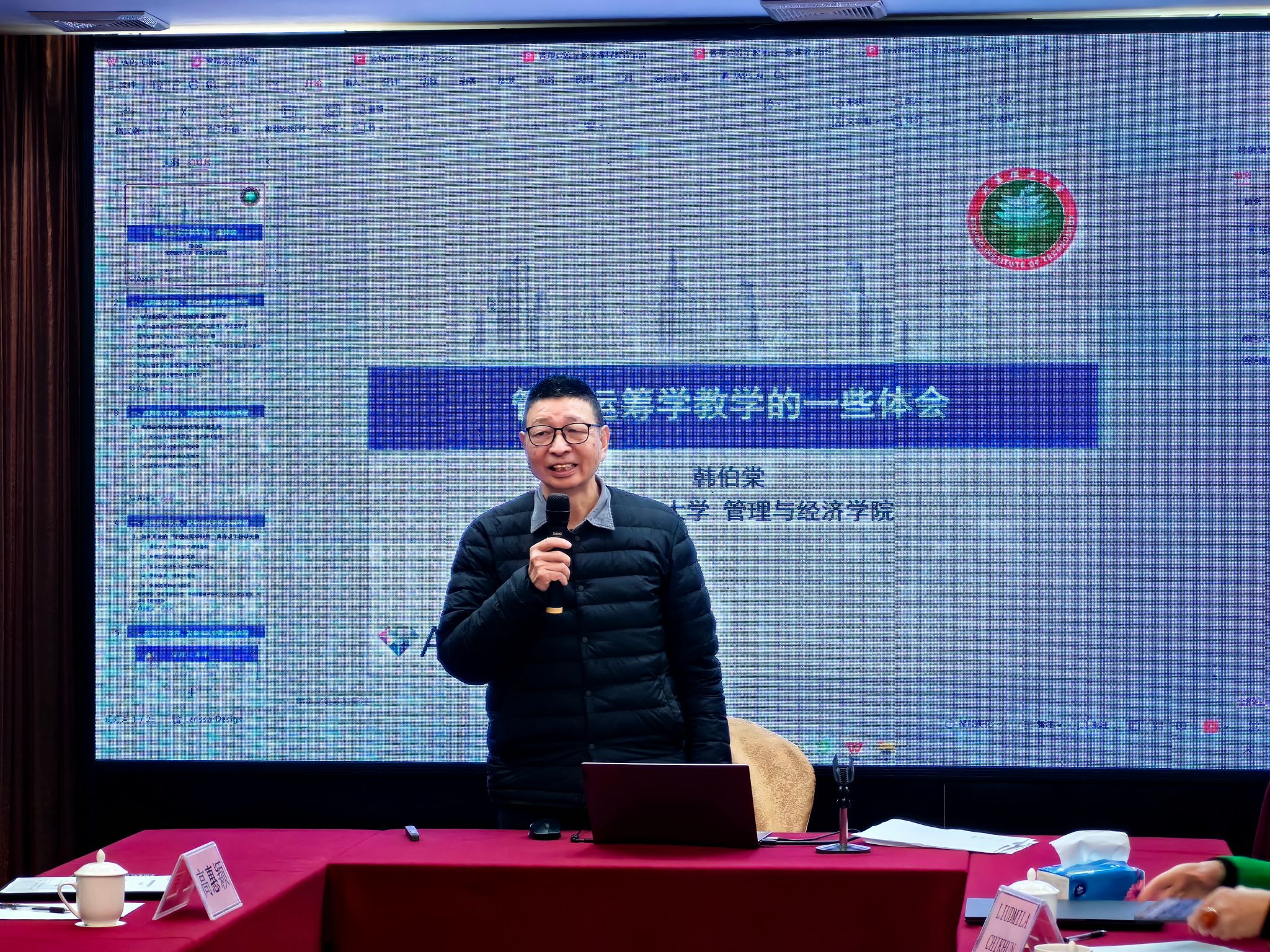
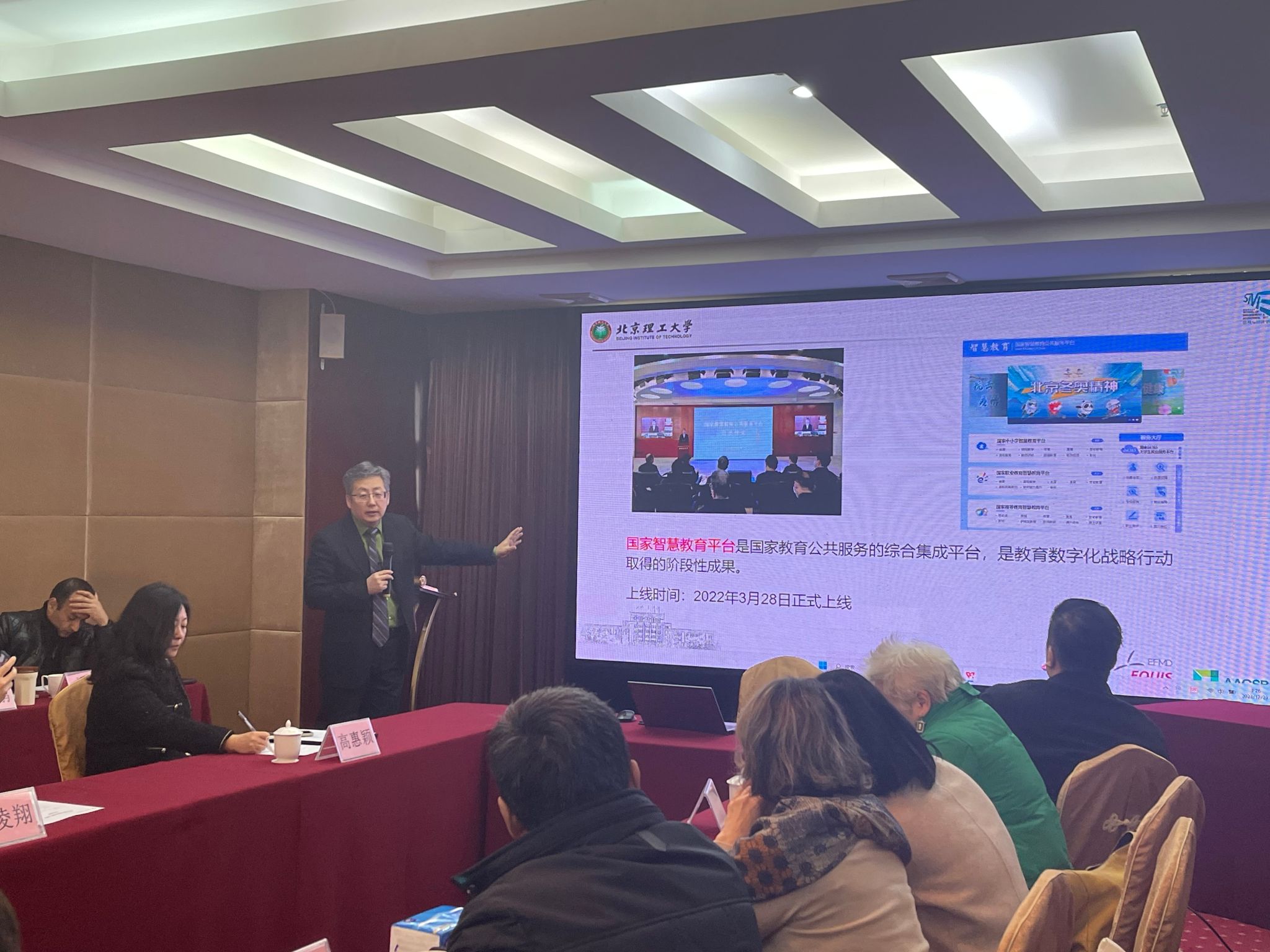
Following the presentations, Economics Department faculty members Bai Wensong, Cai Yichuan, Cheah Chee Wei, Cao Yanming, Dai Zhipeng, Gao Peng, He Zhechun, Huang Weige, Huang Wenjie, Iqbal Muhammad Farrukh, Liu Yaoyun, Sodam Kim, Xuan Mengfan, and Yu Junbiao showcased their teaching designs and plans for the 2023-2024 academic year based on their respective teaching tasks. Invited expert professors Han Botang, Zhao Erdong, Zhao Yuhuan, Zhang Lingxiang, and Gao Huiying provided feedback and suggestions on each course.
The workshop concluded with a visit to the Dongjiang Column Memorial Hall, where participants engaged in red education, further enhancing their sense of responsibility and mission in moral education.
